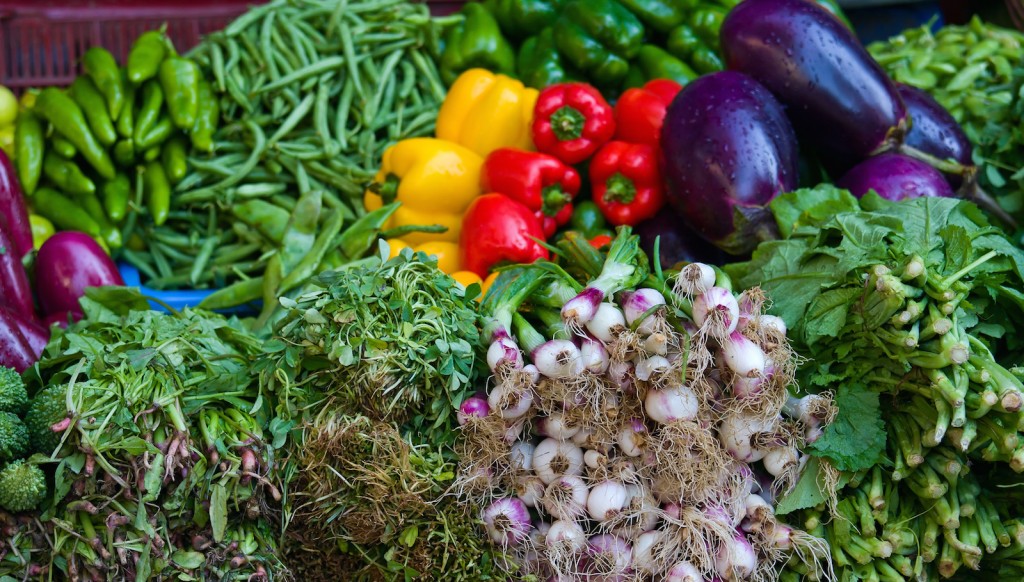
Photo: OlegD
Food safety has long been a concern in India, where the sale of fake products and adulteration is believed to be rampant. Milk gets watered down before getting to the consumer and fake mineral water bottling operations keep popping up. The regulation of pesticide use is largely lax too, which raises the worry that the food we consume could be toxic. Cases like the 2013 deaths of schoolchildren due to adulterated food are tragic, extreme examples of the issue.
A report by Down To Earth states that food which still has pesticide residue on it could be linked to ailments such as endocrine disruption, birth defects and cancer. And it’s not just fresh fruits and vegetables that are likely tainted, but packaged food as well. The levels are so high that it has apparently been traced in human tissue, blood and breast milk.
The pesticides used are said to be unregistered by the government and because of this there are no recommended limits of usage. In addition to pesticides, antibiotics are rampantly used to promote growth and prevent disease in farm produce. But this does not make for healthier crop or animals for consumption. The antibiotics can remain in the produce, along with drug-resistant bacteria and, when consumed by humans, can lead to drug-resistances. The article states that most bacteria which cause food-borne illnesses such as E. coli, salmonella and campylobacter are already found to be multi-drug resistant in India.
And the scenario gets worse when you look at the additives and preservatives added along to packaged foods. There is not enough research to conclusively prove that these chemicals are harmful but experts already warn against their high consumption.
In addition to this, processed foods contain high amounts of sugar, salt and fat. These are known to be linked with non-communicable diseases such as diabetes, heart disease and obesity. But because packaged food is cheaper, convenient and easily available, consumers are willing to compromise on their eating habits in order to save time and effort.
The fact that most people are unaware of the intricacies of nutrition also means that there is not enough concern for food safety among the population. Many do not understand the relationship between the types of food and being physically healthy, seeing food as just a means for survival. These notions need to change in order for India to be able to provide its citizens with safe, nourishing meals.
How concerned are you about food safety? Leave a comment below. Please like FamiLife’s page on Facebook so that you get all our articles and others may find us.
